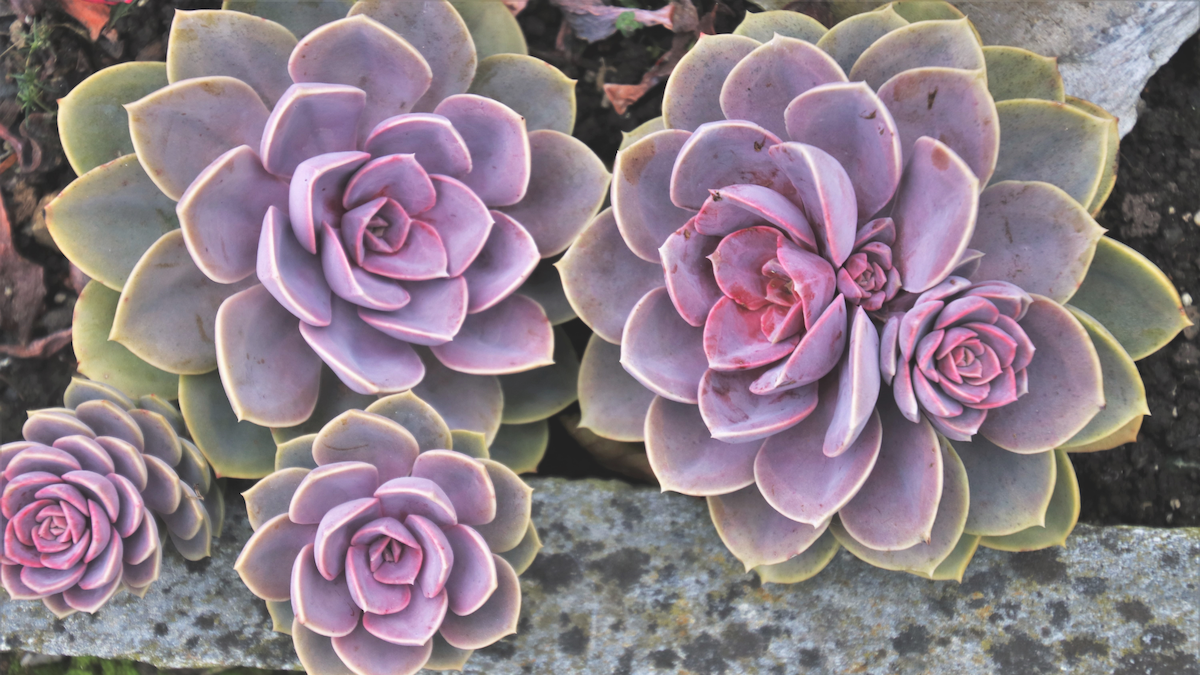A google search for “values” delivers over 1.000.000.000 results in English alone. Talking about personal and business values is very trendy right now but what is the value (pun intended) in knowing your values? What do you do with that knowledge and how do you even figure out what your values are?
What are values?
Values are the things that you believe in your core are important. So important, that they guide your daily actions.
What’s the benefit of knowing my values?
By identifying our values we can use them to help us focus our energy – making big or small decisions, setting boundaries in parenting or choosing how to act in different cultural contexts, to name a few applications.
Instead of a getting a quick-fix from a decision based on what’s in front of us in the moment, allowing values to inform and guide us leads to more satisfying, sustainable choices. When faced with multiple choices, our values can help guide us and point us in our true direction.
But it gets even better – research has shown that the daily practice of journaling how your personal values support your daily actions and events can have massive effects on your mental and physical well-being in both the short and long term (https://jamesclear.com/personal-values-journal).

How do I identify my values?
There is a mind boggling amount of information available but identifying your values doesn’t have to be complicated, it does, however, take time and attention. You already know deep down what your values are but you may have trouble expressing them. In this case, I suggest the following exercise:
- Print out a list of values and cut them out (here are two lists to get you started: https://jamesclear.com/core-values or https://www.mindtools.com/pages/article/newTED_85.htm)
The physical act of holding values in our hands is important and lends weight to the exercise. I encourage you not to skip this part.
- Stack the lists in front of you and go through them, making two piles:
A) Resonates with me
B) Doesn’t resonate with me.
Be honest. Most values are worth striving for but not all will resonate with you personally. Choose those that really strike a chord within.
- Now take the A) stack and do the exercise again until you have reduced the pile to five. Better yet, three. If you’re stuck between two (e.g. learning and curiosity), describe each value out loud in your own words and how you live it in your life. This will highlight the nuances and help you decide between two that are similar.
Identifying a value doesn’t mean we always act according to it but it should be a goal we‘d like to strive towards, to make changes in our life so that we are more in alignment with what is important to us.
Take it a step further
Now that you’ve done the hard work, take it a step further. Reflect on your choices and ask yourself if they feel right. Are you comfortable with them? Would you feel proud telling friends about your choices?
If you answered no, do the exercise again. If your answer was yes, write down what each of them means to you. Then take it another step further and identify how you will live them consciously in your daily life.
Using your Values
You’ve put in a lot of work. Don’t tuck this away as a job well done and move on. Use your results. Visualize your values and remind yourself of them daily. I keep a board with my values in sight on my desk so they guide me in business and personal decisions every day. To get the full health benefits (see above) journal about how you applied your values and work to live by them every day.
Making choices and decisions in alignment with our values is not always easy but it gives us a sense of calm and purpose and a solid foundation for personal development that we can feel good about in the long term.
Free Workshop on 6 January
If you want help discovering your values, join my free workshop "Word of the Year" on 6 January. Part of this will be doing the values exercise described here.
Click here to sign-up.

